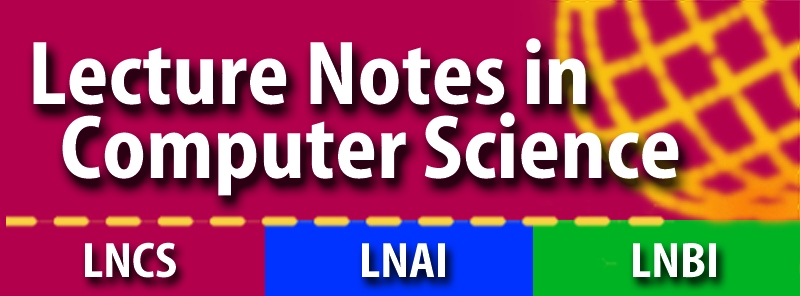11th International Workshop on Coalgebraic Methods in Computer Science
News: Slides are now available here.In more than a decade of research, it has been established that a wide variety of state-based dynamical systems, like transition systems, automata (including weighted and probabilistic variants), Markov chains, and game-based systems, can be treated uniformly as coalgebras. Coalgebra has developed into a field of its own interest presenting a deep mathematical foundation, a growing field of applications, and interactions with various other fields such as reactive and interactive system theory, object-oriented and concurrent programming, formal system specification, modal and description logics, artificial intelligence, dynamical systems, control systems, category theory, algebra, analysis, etc. The aim of the CMCS workshop series is to bring together researchers with a common interest in the theory of coalgebras, their logics, and their applications.
The topics of the workshop include, but are not limited to:
- the theory of coalgebras (including set theoretic and categorical approaches);
- coalgebras as computational and semantical models (for programming languages, dynamical systems, etc.);
- coalgebras in (functional, object-oriented, concurrent) programming;
- coalgebras and data types;
- (coinductive) definition and proof principles for coalgebras (with bisimulations or invariants);
- coalgebras and algebras;
- coalgebraic specification and verification;
- coalgebras and (modal) logic;
- coalgebra and control theory (notably of discrete event and hybrid systems).
The workshop will provide an opportunity to present recent and ongoing work, to meet colleagues, and to discuss new ideas and future trends.
Previous workshops of the same series have been organized in Lisbon, Amsterdam, Berlin, Genova, Grenoble, Warsaw, Barcelona, Vienna, Budapest and Paphos. The proceedings appeared as Electronic Notes in Theoretical Computer Science (ENTCS) volumes 11, 19, 33, 44.1, 65.1, 82.1, 106, 164.1, 203.5 and 264.2 . You can get an idea of the types of papers presented at the meeting by looking at the tables of contents of the ENTCS volumes from those workshops.



